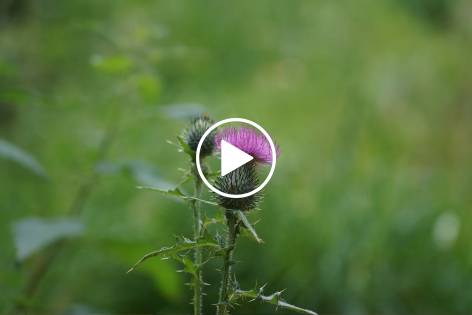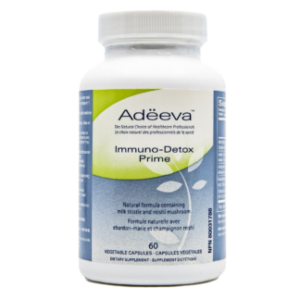
The Power of Milk Thistle: A Promising Shield Against Cancer
Source: Iran Journal of Basic Med Sci (Oct 2022)
Lifestyle Medicine Update (November 12, 2023)
Introduction: Harnessing Nature’s Defenders
Milk thistle, renowned for its liver-protective properties, has long been hailed as a potent ally in combating liver damage and supporting detoxification. However, recent revelations suggest that its benefits extend far beyond liver health, with emerging evidence pointing towards its potential in cancer prevention, particularly against pancreatic cancer.
Exploring Milk Thistle’s Potential
- Liver Protection and Detoxification:Rich in silymarin, Milk thistle has demonstrated remarkable efficacy in shielding the liver from damage caused by various factors, including viral hepatitis, alcohol consumption, and toxins. Human studies have showcased its ability to reduce liver enzymes and promote detoxification.
- A Guardian Against Cancer: Recent experimental studies have illuminated Milk thistle’s role in thwarting the development of certain cancers, including pancreatic, prostate, liver, and skin cancers. The 2022 publication in the Iran Journal of Basic Medical Science delves into its potential as a cancer-fighting agent, particularly in pancreatic cancer, where its intervention could be groundbreaking.
Pancreatic Cancer: A Lethal Foe
Pancreatic cancer poses a formidable challenge, boasting a dismal 5-year relative survival rate of merely 12%. Milk thistle emerges as a beacon of hope in this landscape, with research indicating its ability to impede key events in pancreatic cell development, offering a glimmer of promise in combating this deadly disease.
Experimental Evidence: Studies have unveiled Milk thistle’s multifaceted approach in combating pancreatic cancer, from mitigating pancreatitis, a precursor to the disease, to inducing apoptosis (cell suicide) in pancreatic cells and inhibiting cancer-promoting genes.
A Holistic Approach to Cancer Prevention
While Milk thistle presents a compelling avenue in cancer prevention, it’s essential to acknowledge other risk factors associated with pancreatic cancer, including smoking, obesity, and diabetes. Adopting a holistic approach to health, encompassing dietary modifications, lifestyle changes, and regular screening, is paramount in mitigating these risks.
Embracing Nature’s Armor: A Supplemental Strategy
For individuals aged 50 and above, incorporating a Milk thistle supplement enriched with complementary ingredients like Indole-3-Carbinol, Reishi mushroom extract, and Astragalus offers a synergistic approach to liver health and cancer prevention. This formulation not only bolsters liver detoxification but also fortifies the immune system, potentially warding off cancer development.
Conclusion: A Call to Action
As research continues to illuminate Milk thistle’s multifaceted benefits, from liver protection to cancer prevention, integrating this natural powerhouse into our daily regimen holds promise in safeguarding against disease. By embracing the bounty of nature’s arsenal, we embark on a journey towards holistic wellness and resilience against cancer’s onslaught.
References
- Emadi S. A. et al. *A review of therapeutic potentials of milk thistle (Silybum marianum L.) and its main constituent, silymarin, on cancer, and their related patents.* Iran J Basic Med Sci. 2022; 25(10): 1166-1176. [Link](https://www.ncbi.nlm.nih.gov/pmc/articles/PMC9588316/#:~:text=the%20pancreatic%20carcinoma-,AsPC%2D1,-%2C%20BxPC%2D3%2C%20and)
- Mulrow C. et al. *Milk Thistle: Effects on liver disease and cirrhosis and clinical adverse: Summary.* AHRQ Evidence Reports Summaries (2000). [Link](https://www.cancer.org/cancer/types/pancreatic-cancer/causes-risks-prevention/risk-factors.html)
Recommended Supplements

Dr. James Meschino
ABOUT THE AUTHOR
Dr. James Meschino, DC, MS, ROHP, is an educator, author, and researcher having lectured to thousands of healthcare professionals across North America. He holds a Master’s Degree in Science with specialties in human nutrition and biology and is recognized as an expert in the field of nutrition, anti-aging, fitness, and wellness as well as the author of numerous books.


